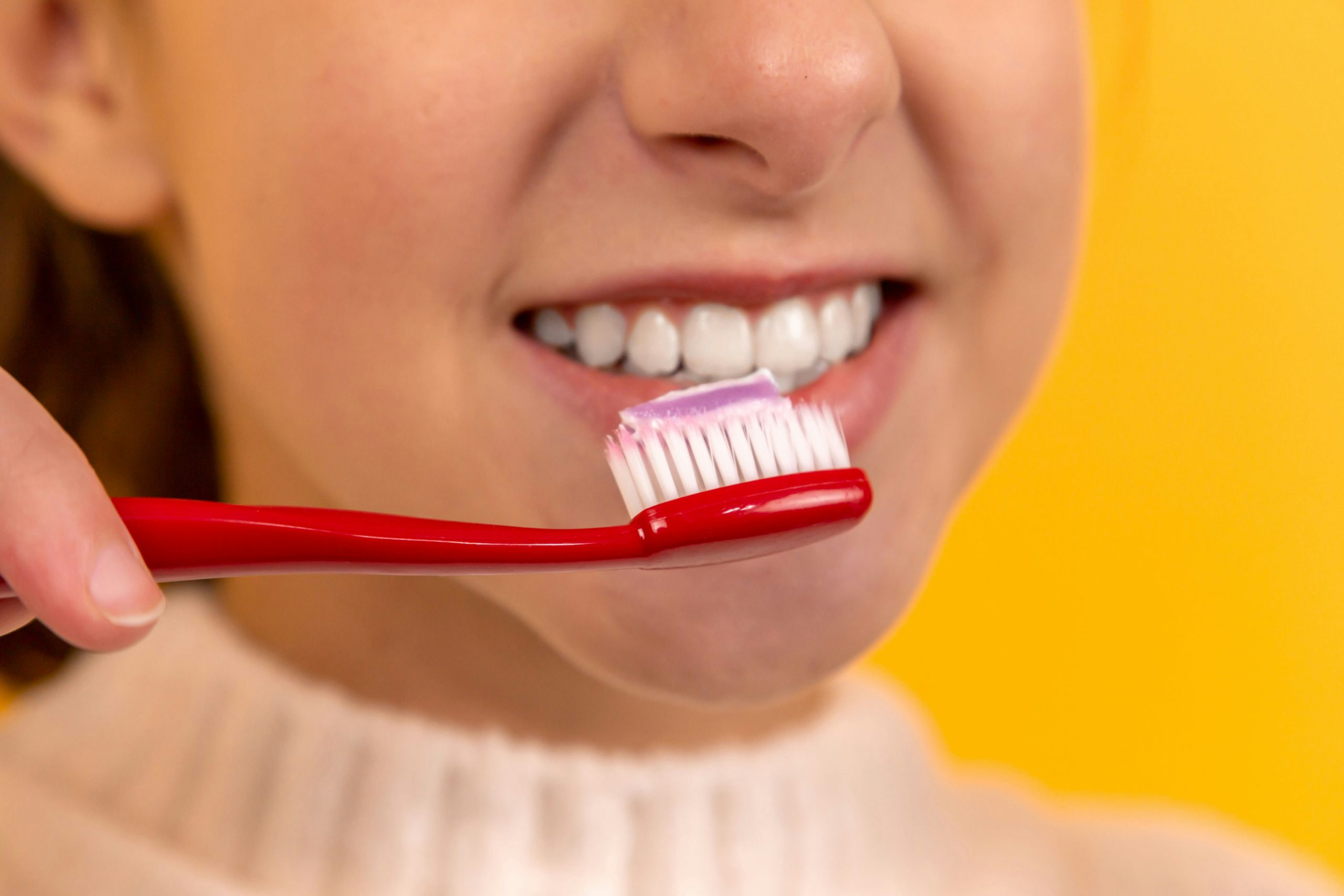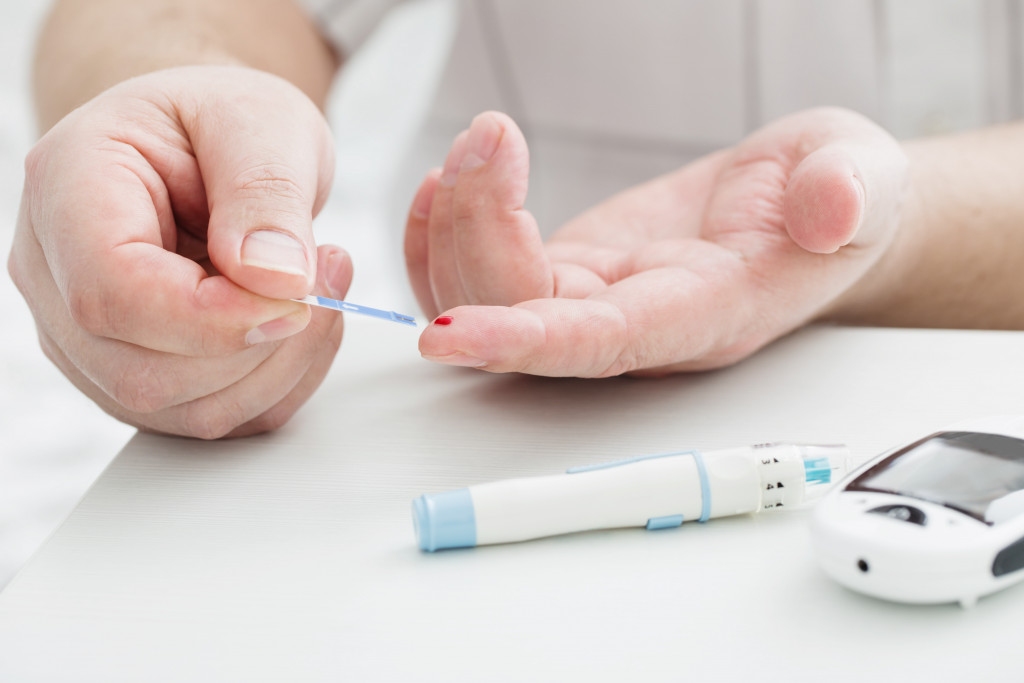- Consistent oral hygiene and professional dental care are key to lifelong healthy smiles and well-being.
- Addressing individual dental issues, like wisdom teeth, early on helps avoid future complications and ensures dental health.
- A balanced diet and fluoride use significantly contribute to maintaining the strength and health of your teeth.
- Teaching children the importance of preventive dental care sets the foundation for a lifetime of healthy habits.
- Preventative dental care saves time, money, and discomfort by reducing the need for extensive dental procedures.
A captivating smile is often considered one of the most endearing features of a person. Beyond aesthetics, a healthy set of pearly whites reflects good overall health and well-being. For parents and the general public, discussing long-term dental health practices is more than a routine; it’s a roadmap to preserving a fundamental aspect of our daily lives. This comprehensive guide will walk you through various preventative care practices, breaking down the why and how of maintaining stellar dental health.
Understanding Preventative Care
Preventative dental care encompasses healthy practices to stop tooth decay, gum disease, and other oral health issues before they take root. These practices form the bedrock of a robust dental care routine and are far more than just buzzwords; they are the building blocks of a life with fewer dental-related ailments.
The Significance of Preventative Care in Dental Health
Perhaps the most vital element of a preventative dental care regimen is the ability to intervene early. By adopting habitual check-ups and hygiene practices, individuals can catch problems at their inception, when they’re easiest and least expensive to treat. If left unmonitored, dental conditions can escalate into complex, invasive, and costly procedures. Investing in your dental health makes you invest in a more efficient and less painful tomorrow.
How Preventative Practices Can Save Time, Money, and Discomfort
The idea of a dental root canal might be the stuff of nightmares for some, but understanding that these procedures are often preventable provides comfort and an incentive to maintain a proactive dental health regimen. Preemptive care helps avoid the pain and discomfort of treatment and the time and cost associated with complex dental procedures, which can quickly add to a significant burden.
Daily Dental Hygiene Routine

Our dental care practices are the front line of defense against oral health issues. Ensuring these practices are effective and efficient will have a far-reaching impact on long-term dental health.
Proper Brushing and Flossing Techniques
It’s not just about the time spent but the technique, from the brush’s angle to the direction of flossing, and precision matters. Dentists recommend brushing twice daily for at least two minutes, reaching all mouth corners. Daily flossing is critical in removing plaque and preventing cavities between teeth.
The Importance of Choosing the Right Dental Care Products
With abundant toothpaste and toothbrush options, it’s easy to get overwhelmed. Products carrying the American Dental Association (ADA) seal are an excellent place to start, as these products are rigorously tested and proven safe and effective. In clinical studies, electric toothbrushes have also been shown to remove more plaque than traditional brushing.
Regular Dental Check-ups and Cleanings
Professional dental care is not a luxury; it’s a necessity. Routine dentist visits are pivotal for maintaining good oral health and can nip problems in the bud before they cause significant harm.
How Regular Dentist Visits Contribute to Early Detection and Prevention of Dental Issues
Dentists are trained to spot minor issues that might go unnoticed by the untrained eye. They can detect warning signs of more significant problems using X-rays and comprehensive exams and guide patients through preventative actions accordingly.
The Role of Professional Cleanings in Maintaining Dental Health
Even the most diligent at-home dental care regimen can’t compare to the thoroughness of professional cleaning. Cleanings remove tartar, plaque, and bacteria in places your toothbrush and floss just can’t reach, reducing the risk of gum disease and tooth loss.
Healthy Diet for Healthy Teeth

The food we consume plays a crucial role in maintaining our dental health. A balanced diet benefits our body and teeth.
Discussion on Foods that Promote Dental Health
Foods high in calcium, dairy products, and vitamin-rich fruits and vegetables contribute to strong teeth and gums. Crunchy foods like apples and carrots can act as natural teeth cleaners, while certain compounds in green tea and cranberries have been associated with preventing plaque formation.
Foods and Habits to Avoid that Can Harm Teeth
Conversely, sugary, acidic, and sticky foods can lead to tooth decay and enamel erosion. Moderation is key when it comes to these less dental-friendly items, and habits like smoking and excessive alcohol consumption can also have dire effects on dental health.
The Role of Fluoride
Fluoride plays a significant part in the fight against tooth decay. It helps teeth resist acid attacks and can even reverse early tooth decay.
The Benefits of Fluoride in Dental Care
From reducing cavities in children and adults to minimizing the risk of progression in pre-existing decay, fluoride’s role in dental health is extensive and well-documented. Access to fluoridated water and fluoride toothpaste are two primary contributors to maintaining healthy fluoride levels.
How to Ensure You’re Getting Enough Fluoride for Dental Health
A dentist may recommend professional topical fluoride treatments and dietary supplements for individuals living in non-fluoridated areas. It’s crucial to consult with your dental professional to ensure the appropriate fluoride intake for your situation.
Special Considerations in Dental Care
There are scenarios where one-size-fits-all preventative practices may not be sufficient. It’s important to be mindful of the unique aspects of your dental health and address them accordingly.
The Importance of Paying Attention to Changes in Dental Health and the Mouth Area
Regular oral self-examinations can uncover changes such as swelling, lesions, or discolorations that a dentist should promptly address. Notifying your dentist of changes in your medical history or medications is crucial, as these can impact oral health.
Addressing Wisdom Teeth and Their Impact on Overall Dental Health
In their late teens or early twenties, many individuals experience the eruption of their wisdom teeth. These new molars can cause various issues, from impaction to crowding. Routine X-rays and discussions with your dentist about the condition of your teeth will inform you on whether they need to be removed to maintain optimal dental health. Various wisdom teeth treatments are available, so discussing the best action for your situation with your dentist is important.
Conclusion
The road to a lifetime of healthy smiles is paved with consistent effort and the implementation of sound preventative care practices. By understanding the nuances of daily oral hygiene, the crucial role of professional dental care, the impact of diet and fluoride, and the need to address individual dental considerations, you can ensure that your teeth remain happy and healthy for years.
The rewards for conscientious preventative care are multifaceted. You will enjoy better oral health and a more radiant smile and save yourself the time, money, and discomfort of needing more extensive dental work. It’s an investment that pays dividends with every smile you share.
For parents, instilling these habits in their children is one of the most valuable gifts you can give. It’s the start of a lifelong practice that becomes second nature, ensuring that they, too, enjoy the benefits of healthy teeth and a beautiful smile.
Now is the time to take charge of your dental health by making these preventative care practices a part of your daily routine. By doing so, you’re not just taking care of your teeth but investing in your overall well-being, one brush at a time.



